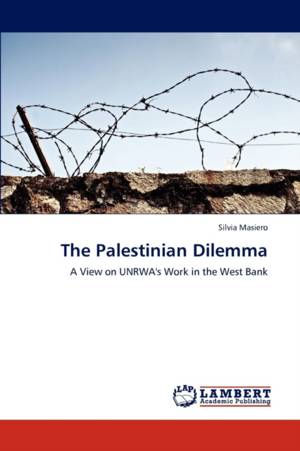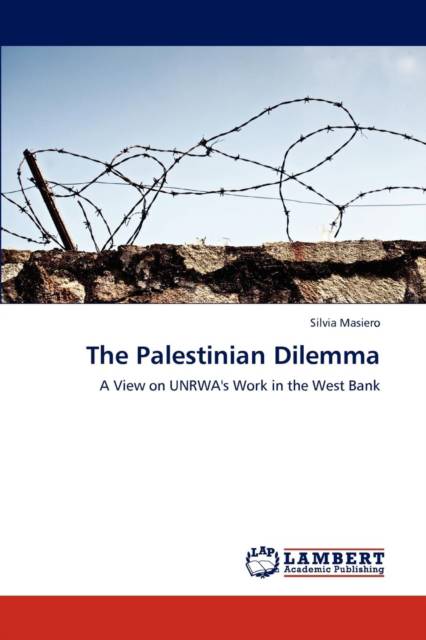
- Afhalen na 1 uur in een winkel met voorraad
- Gratis thuislevering in België vanaf € 30
- Ruim aanbod met 7 miljoen producten
- Afhalen na 1 uur in een winkel met voorraad
- Gratis thuislevering in België vanaf € 30
- Ruim aanbod met 7 miljoen producten
Zoeken
€ 48,45
+ 96 punten
Omschrijving
This book focuses on the accountability of the United Nations Relief and Works Agency (UNRWA) as the key provider of services to Palestinian refugees. The key finding here lies in the existence of a two-sided accountability problem, referred to as the Palestinian dilemma: on the one hand, the long route of accountability, connecting recipients to providers through policymakers, is blocked by flawed information of refugees on the Agency, and by a structure-induced lack of motivation of the provider to orient itself to beneficiaries. On the other hand, the short route, directly linking recipients to providers, is inhibited by low power of recipients to opt out of UNRWA, and by their low participation to decision making. However, it is argued here that UNRWA has the power to solve the dilemma, as it can count on an educated and politically aware pool of beneficiaries, that the Agency itself - through its sharp focus on education, developed over more than sixty years - has been instrumental in creating. Drawing on a refugees' perspective on UNRWA's services, a set of suggestions are put forward by the author, for the purpose of maximizing the Agency's accountability to its recipients.
Specificaties
Betrokkenen
- Auteur(s):
- Uitgeverij:
Inhoud
- Aantal bladzijden:
- 76
- Taal:
- Engels
Eigenschappen
- Productcode (EAN):
- 9783659245725
- Verschijningsdatum:
- 14/09/2012
- Uitvoering:
- Paperback
- Formaat:
- Trade paperback (VS)
- Afmetingen:
- 152 mm x 229 mm
- Gewicht:
- 122 g

Alleen bij Standaard Boekhandel
+ 96 punten op je klantenkaart van Standaard Boekhandel
Beoordelingen
We publiceren alleen reviews die voldoen aan de voorwaarden voor reviews. Bekijk onze voorwaarden voor reviews.











